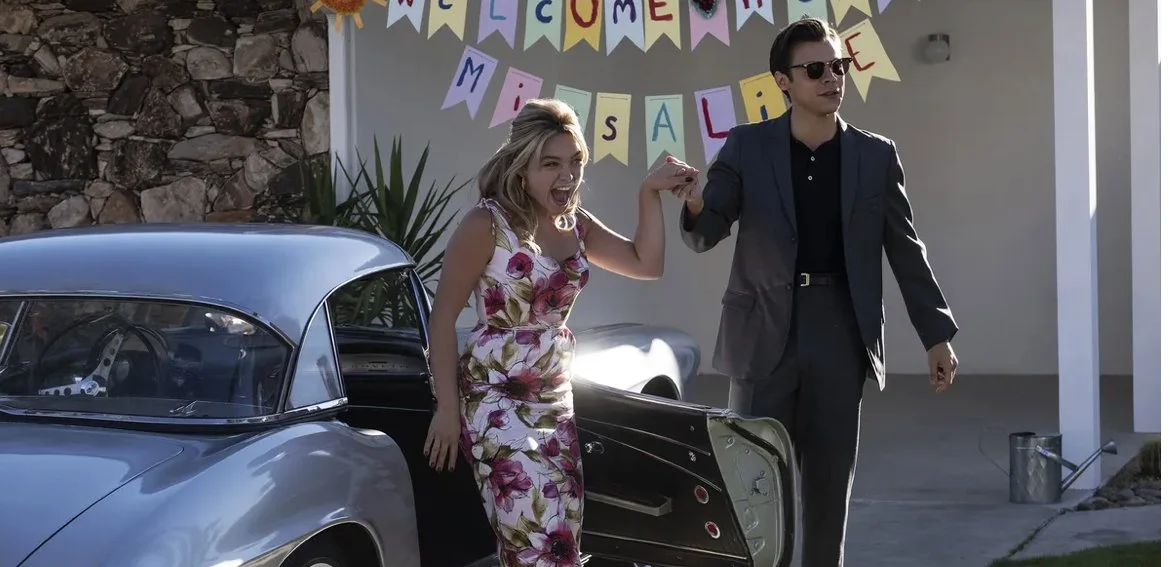This week I caught a screening of “Don’t Worry Darling,” and, much to my surprise, it wasn’t that bad. In fact, I far preferred it to “Booksmart.”
‘Darling’ has vision and sheer chutzpah. Wilde, for all the negative things I might have said about her previous film, knows how to frame and build suspense. The twist is also whipsmart, and makes you reevaluate the entire film.
Of course, the bad buzz got to many critics and the results are terrible reviews. A 48 on Metacritic and 35% on Rotten Tomatoes.
One critic who seems unshaded by the hive is the New Yorker’s Richard Brody, who is absolutely RAVING about “Don’t Worry Darling.” No, it’s not as great as Brody makes it out to be, but it’s definitely worth a look.
Brody’s piece is titled “Don’t Worry Darling” is so much more than Hollywood gossip fodder.” Brody writes:
“This wouldn’t be the first time that critical responses have been distorted by ballyhooed controversy, but, in the case of “Don’t Worry Darling,” the discord proves particularly revealing regarding the onscreen results.”
He’s right, critics had a clear bias going into this movie.
I’m telling you, if Wilde’s “Don’t Worry Darling” didn’t have all this behind-the-scenes baggage going against it then maybe critics would have been kinder to it. It grabs your attention and makes you wonder where it’s going next. Harry Styles somewhat overacts, but Florence Pugh is her commendably reliable self here — she’s stunning.
I said in my review that one can imagine “Don’t Worry Darling” becoming a cult classic in the years to come and I really do think that’s its inevitable fate. It’s the kind of film that will benefit from the off-set drama, but will also prove itself to be an amusingly rewatchable trifle.






